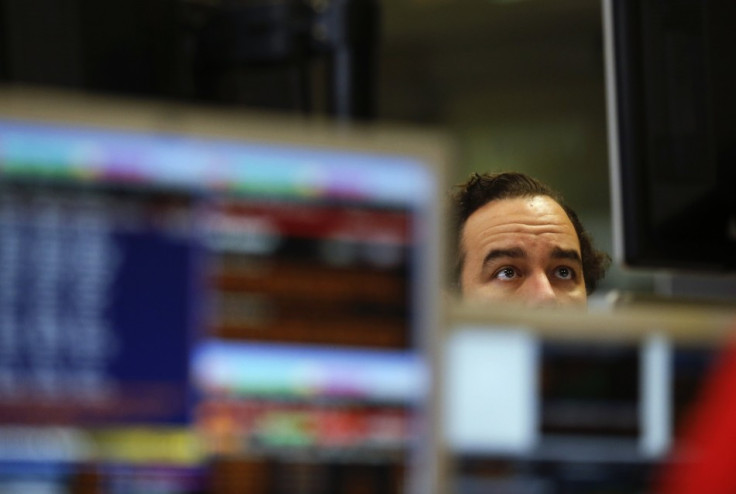European Markets Open Lower on Fed Minutes Concerns

European stocks slipped in the early minutes of trade as fears of an early end to the US Fed's asset purchasing programme set in fresh uncertainties in the financial markets.
The FTSE Eurofirst 300 that tracks top European stocks was down 0.1 percent to 1,161.90 points while the UK's FTSE100 fell 0.1 percent. France's CAC-40 and Italy's FTSE MIB fell 0.3 percent and 0.1 percent respectively. Germany's DAX fell 0.2 percent whereas Spain's IBEX was flat during the opening deals.
Most Asian markets except Nikkei closed on a negative note tracking overnight weakness in the US stock markets following the minutes of the Federal Reserve's December policy meeting that reflected concerns over the continuation of its asset purchasing programme.
The benchmark S&P/ASX 200 index closed 0.4 percent lower at 4,723.8 reversing the previous day's gain of 34.8 points, or 0.74 per cent. Hong Kong's Hang Seng and South Korea's KOSPI lost 0.7 percent and 0.6 percent respectively. Taiwan also fell 0.4 percent.
However, Japan's Nikkei Average ended its first trading day in the New Year on a high note with 2.8 percent gain. Japanese markets were closed for New Year's holidays from 31 December to 3 January.
Japanese traders were overjoyed with the continued weakness of the Yen and the Dollar hit ¥87.78, its highest since July 2010.
Meanwhile, minutes from the Federal Reserve's December policy meeting showed several members of the Federal Open Market Committee were increasingly concerned about the potential risk of continuation of the bond buying programme, the Reuters reported.
There were fears that the Fed's asset purchase programme may cease by the end of the year that triggered a fresh wave of uncertainty in the investment climate and the US stocks ended lower overnight.
Earlier, US lawmakers were able to reach a deal to avoid a "fiscal cliff" that was set to trigger automatic spending cuts and tax rises by the start of the year. As the deal only covered tax rises, the White House and the Republicans have to again engage in tough talks on increasing the debt ceiling and spending cuts.
© Copyright IBTimes 2025. All rights reserved.





















